Heritage
Read the history behind the Interfloor brand
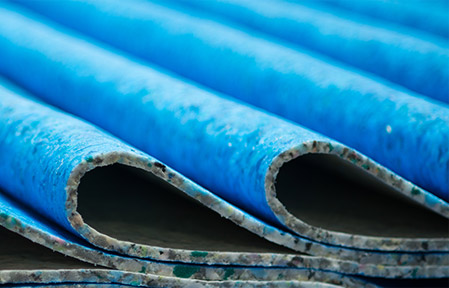
All branded PU foam underlays are part of the Tredaire brand, a byword for luxurious, underfoot comfort. PU is particularly good at insulation and impact sound reduction as well as being inherently comfortable and durable. This makes it a favoured material for carpet underlayment. It is also lightweight, so it’s easy to carry and fit. PU foam is economical to manufacture and can be produced with either an open or closed cell structure. Open cell is usually the best for underlay due to it’s flexible and elastic properties.
So how is it made?
The foam used in PU underlay is either from offcuts or trimming from other processes, or are recycled after use such as furniture foam, so all of the foam is recycled in some way. This foam is shredded and then granulated into smaller pieces. It is mixed and coated with a binding agent before moulding into a large ‘log’ of a pre-defined density. The log is subjected to steam under high pressure to cure the binding agent and bond the material together. The log is then dried to remove residual moisture and peeled to a pre-defined product thickness.
During the lamination stage, backing and films are applied. The underlay is then finished, trimmed, cut and rolled, and finally wrapped into branded polythene packaging.
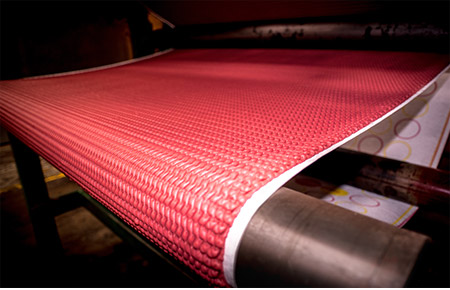
The sponge rubber underlays fit into both the Tredaire brand family (the comfort-oriented ones such as Colours Red) and the Duralay family (for the more specialist ones such as Technics).
Sponger rubber underlays are the most traditional form of underlay and have been around since the 1950s. They are extremely comfortable; no other underlay produces quite the same feel underfoot. They are also exceptionally good at minimising both impact sound and airborne sound between rooms. They are incredibly flexible and cover more applications than any other type of underlay. Sponge underlays can also be made with low tog ratings for use with underfloor heating. The lower tog rating reduces the thermal insulation ability, so heat can pass through without causing overheating.
The manufacturing process
The styro butadiene synthetic rubber (SBR) is blended with oils, blowing agents and fillers to create the desired performance characteristics. This is followed by a process called calendarising, where the mix is converted to a smooth and consistent paste.
Once the paste is ready, it is rolled into a wide thin sheet and this, in turn, is rolled onto a chain to produce the desired profile of either a ‘flat’ or ‘waffle’ underlay. The sheet is then heated at temperatures up to 250˚c and blown, cured and allowed to cool. Finally, it is trimmed, cut, rolled and wrapped into branded polythene packaging.
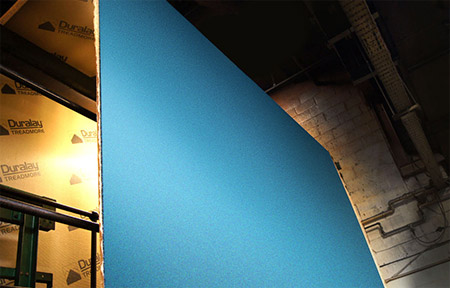
Extremely durable, crumb rubber underlays are amazing at reducing impact and airborne noise and are the only type of underlay that can achieve 100% recovery from loading. Crumb rubber will extend the life of a carpet and improve insulation. Therefore being the number one choice for hard wearing, high traffic and very large areas.
The high-performance rubber is environmentally friendly, manufactured from used car tyres, the basic raw material comes from 100% recycled rubber. Every square metre of crumb rubber underlay contains the rubber of at least one car tyre!
The used car tyres are ground and processed to produce tiny crumbs. These are mixed with latex foam, and the mixture is then poured on to various types of backing material and the gauge, or thickness of the underlay is set. The underlay is then passed through a large oven, heated up to 250˚c and then cured and cooled. Finally, it is trimmed, cut, rolled and wrapped into branded polythene packaging.

Read the history behind the Interfloor brand
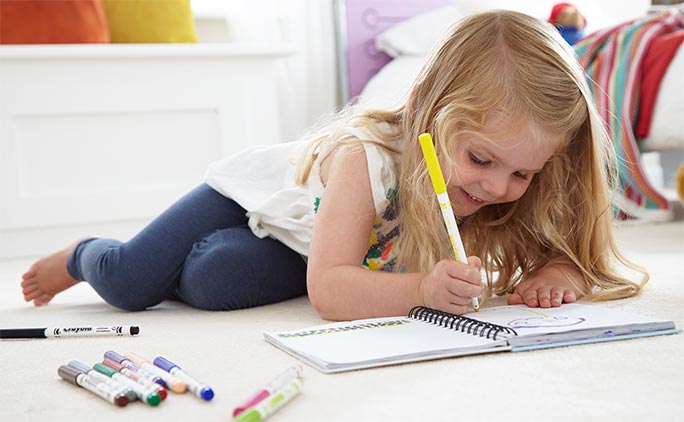
Discover the difference our underlay makes.

Get in touch with our friendly customer services team
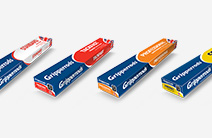
Get everything you need with our Gripperrods and Stikatak brands